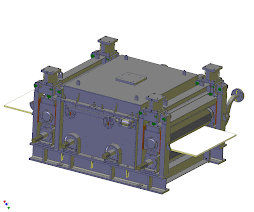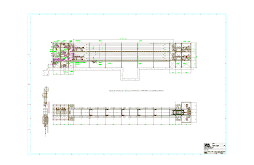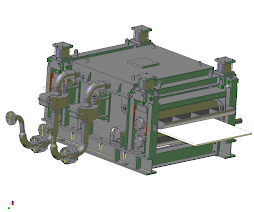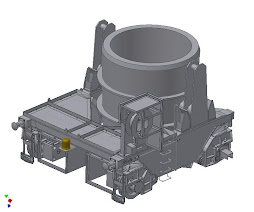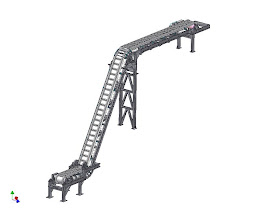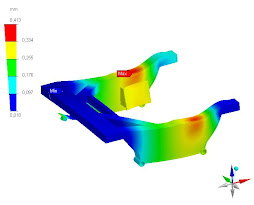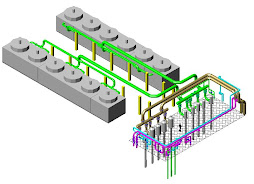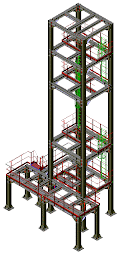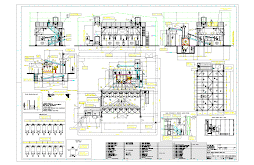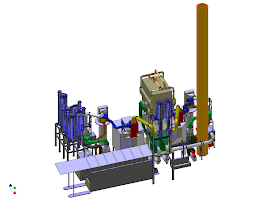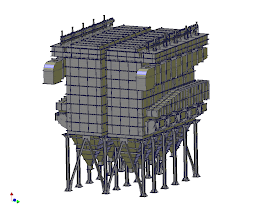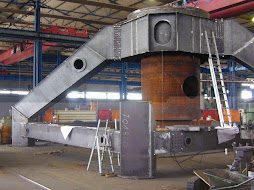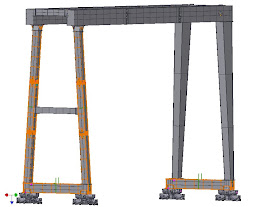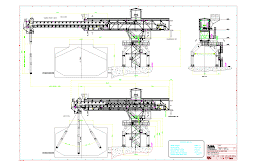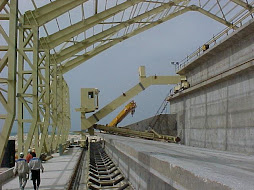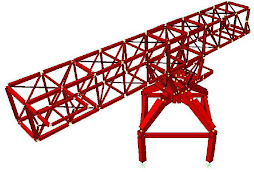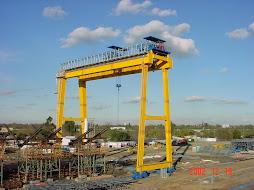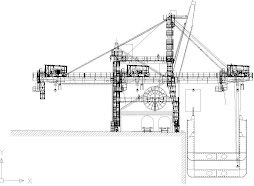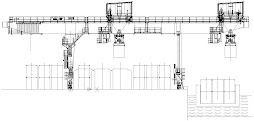As technology continues to advance at an unprecedented pace, the engineering industry is embracing a groundbreaking innovation that promises to revolutionize its landscape: artificial intelligence (AI). AI is no longer a concept confined to science fiction; it is actively shaping the future of engineering. In this article, we explore the role of artificial intelligence in transforming the engineering industry, from design and analysis to automation and optimization, and its potential to drive unprecedented efficiency and innovation.
Enhanced Design and Analysis:
AI-powered design software and algorithms have the potential to revolutionize the engineering design process. Engineers can leverage AI to generate optimized designs based on specific criteria and constraints, significantly reducing design cycles and improving overall efficiency. AI algorithms can analyze vast amounts of data, identify patterns, and provide valuable insights for engineers to make informed decisions during the design phase.
Intelligent Automation:
AI enables intelligent automation, automating repetitive tasks and freeing up engineers; time for more complex and creative problem-solving. From generating 3D models and simulations to performing quality control inspections, AI-powered automation streamlines workflows and enhances productivity. Intelligent robots and autonomous systems equipped with AI capabilities can also carry out hazardous tasks, improving safety in construction sites and other engineering environments.
Predictive Maintenance and Asset Management:
AI-based predictive maintenance systems can analyze sensor data, machine learning algorithms, and historical performance data to anticipate equipment failures and schedule maintenance proactively. By detecting potential issues in advance, engineers can minimize downtime, reduce maintenance costs, and optimize asset management. AI-powered systems can also optimize resource allocation, ensuring the efficient use of materials, energy, and manpower.
Smart Infrastructure and Sustainable Solutions:
The integration of AI and the Internet of Things (IoT) is transforming traditional infrastructure into smart, interconnected systems. AI can analyze real-time data from sensors embedded in infrastructure, enabling engineers to monitor and manage the performance, efficiency, and safety of bridges, roads, buildings, and utilities. Furthermore, AI algorithms can optimize energy usage, predict traffic patterns, and improve resource allocation, leading to sustainable solutions that reduce environmental impact.
Data-Driven Decision Making:
AI enables engineers to harness the power of big data and derive actionable insights. By analyzing vast amounts of data collected from various sources, including sensors, satellite imagery, and historical records, AI algorithms can identify trends, optimize designs, and inform decision-making processes. Data-driven decision-making empowers engineers to make informed choices that drive efficiency, sustainability, and innovation.
Conclusion:
Artificial intelligence is reshaping the engineering industry, enabling engineers to push the boundaries of what is possible. From enhanced design and analysis to intelligent automation, predictive maintenance, and smart infrastructure, AI is revolutionizing the way engineers work and unlocking new opportunities for efficiency, sustainability, and innovation. As AI continues to evolve and become more sophisticated, its role in the future of engineering will only grow, enabling engineers to overcome challenges, drive advancements, and shape a better world. By embracing AI, the engineering industry can unlock its full potential and forge a path towards a smarter, more connected, and sustainable future.





